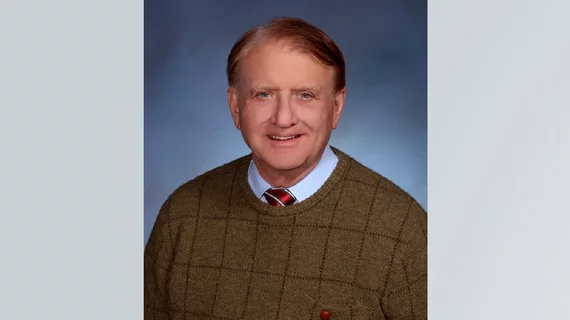Illinois radiologist joins US Senate race
Radiologist Robert Marshall, MD, is running as a Republican candidate to be the next U.S. Senator from Illinois. Could he be the first radiologist elected to Congress?
Marshall, who served during the Vietnam War and has been working as a private practice radiologist since 1984, lives in Burr Ridge, Illinois. He hopes to win the Republican primary in March 2020 and challenge Sen. Dick Durbin, a Democrat who was first elected to Congress back in 1996.
“I look forward to sharing my vision in the Illinois Republican Primary on how to best grow the Republican Party in Illinois and beat Dick Durbin to bring a much needed Conservative voice in Illinois,” he said in a prepared statement.
In Marshall’s statement, he listed his public service background and “healthcare expertise” as two things he can bring to the state of Illinois. He also said he wants to “support President Trump’s fight to secure our border, fight for fiscal responsibility and make the American taxpayer the top priority.”
In 2018, Marshall ran as a Democratic nominee to be the next governor of Illinois, though he said on his website he only switched parties because the other candidates had “socialist views” or “would not be good stewards of taxpayer money.”
In November 2018, Steve Ferrara, MD, lost his own bid to be the first radiologist elected to Congress.

